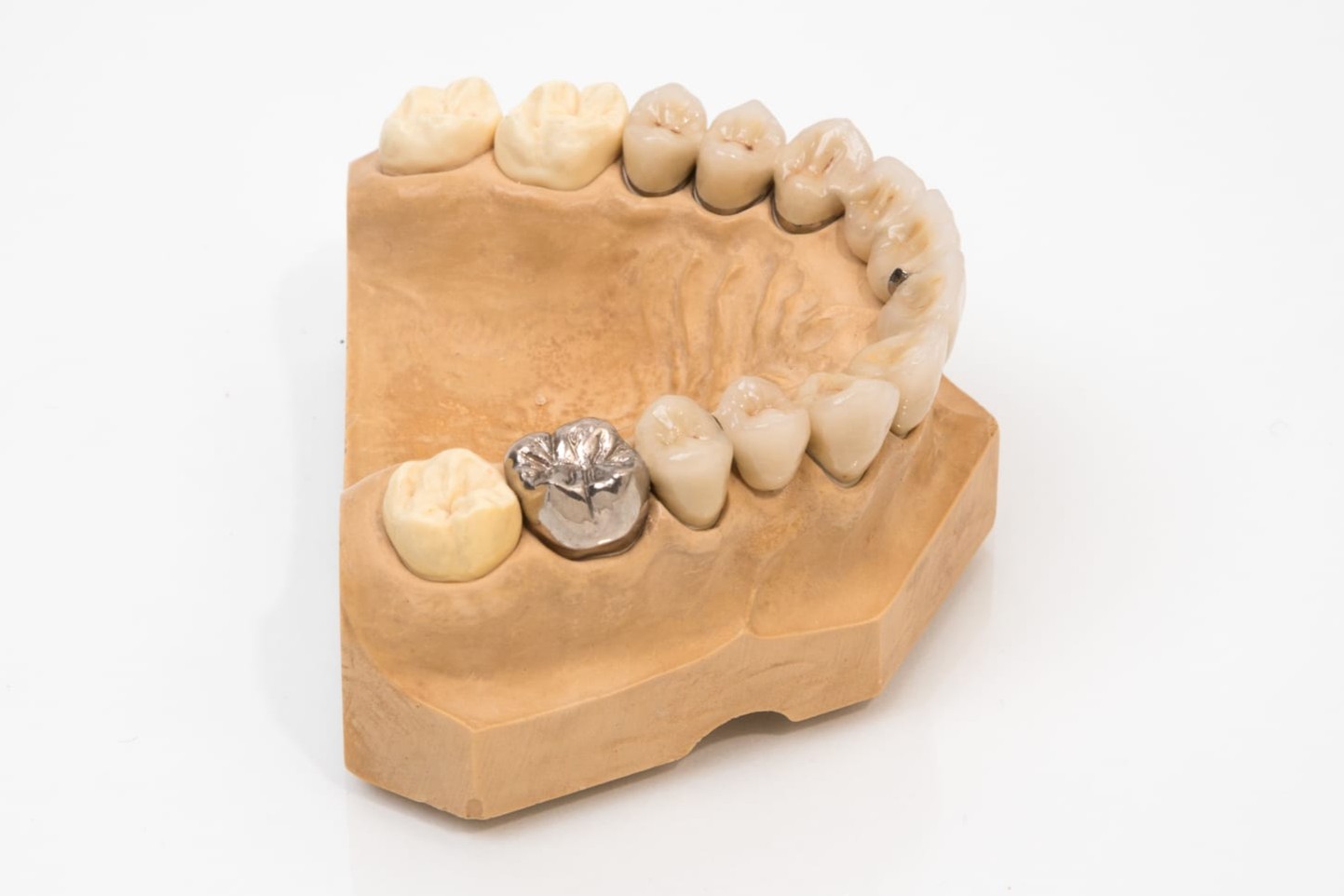Sedation Dentistry: The Solution to Dental Anxiety
 Sedation dentistry, in many senses, is an answer to the prayers of patients who want to get their teeth taken care of but are deadly afraid of the dentist office. This kind of fear is known as dental anxiety and affects roughly 26% of people to such an extreme that they will never even venture into a dentist office unless it is a dental emergency. Over and above these extreme cases, 49% of the population does not see their dentist on a regular basis, and often times this springs from dental anxiety. Sedation dentistry can provide you with an answer to your fears. It is important to remember that using sedation in dentistry is not a new thing. For many of the procedures that we do on a daily basis, those that require extensive work or may cause trauma to the patient because of the scope of work, sedation dentistry has found a place in the everyday tool belt of the average dentist. Typically, sedation dentistry is used for procedures like a root canal or if a wisdom tooth needs to be extracted since these are considered surgical procedures. However, with increased frequency, patients who suffer from anxiety and extreme forms of stress, triggered by a dentist visit, are discovering that it is much easier to undergo a dental treatment if they are calm or completely asleep.
Sedation dentistry, in many senses, is an answer to the prayers of patients who want to get their teeth taken care of but are deadly afraid of the dentist office. This kind of fear is known as dental anxiety and affects roughly 26% of people to such an extreme that they will never even venture into a dentist office unless it is a dental emergency. Over and above these extreme cases, 49% of the population does not see their dentist on a regular basis, and often times this springs from dental anxiety. Sedation dentistry can provide you with an answer to your fears. It is important to remember that using sedation in dentistry is not a new thing. For many of the procedures that we do on a daily basis, those that require extensive work or may cause trauma to the patient because of the scope of work, sedation dentistry has found a place in the everyday tool belt of the average dentist. Typically, sedation dentistry is used for procedures like a root canal or if a wisdom tooth needs to be extracted since these are considered surgical procedures. However, with increased frequency, patients who suffer from anxiety and extreme forms of stress, triggered by a dentist visit, are discovering that it is much easier to undergo a dental treatment if they are calm or completely asleep.
Naturally, we want to match the scope of the procedure with the type of sedation dentistry you are going to opt for. For example, we want you relaxed and calm if you are having your teeth cleaned but there is no reason at all to have you completely asleep. Discussing the various options with your sedation dentist before planning a procedure is an excellent way to find out what level of sedation you need for the treatment that you are going to get. With this in mind, there are four levels of sedation dentistry that are used to ensure your comfort.
Minimal sedation: This is a level of sedation that is used in minor procedures and if you are able to stand being aware and conscious. You will be completely awake but also completely relaxed and able to let go of your fears.
Moderate sedation: Under moderate sedation, you will still be awake but will experience more of the effects of the sedation, like a heavier tongue. You may not remember parts of the procedure.
Deep sedation: In sedation dentistry this is where you are actually asleep. This sedation requires that you be in a light sleep, almost on the edge of consciousness. Typically we can wake you very easily from a deep sedation.
General anesthesia: Quite frankly, when it comes to sedation dentistry, this is the level that we least prefer. Under general anesthesia, you will be completely unconscious. When you wake there will be a required recovery time, and we always recommend that you have someone bring you to the procedure and drive you home for safety.
Each level of sedation dentistry is administered in a similar fashion, except general anesthesia, and can be used for any number of procedures.
Restoration Dentist in St George > St George Dentist
Recent Posts
With sedation dentistry, the dentist will use laughing gas, medication, or other methods to let you relax. It is often known as sleep dentistry although you will not be asleep during the procedure in general. You will often stay awake but be in a more relaxed state. Unless you have general anesthesia, you will be…
In an effort to help people who get nervous about going for an oral exam, some dentists provide sedation to help their patients relax. The type of sedation used includes nitrous oxide, oral sedatives, anesthesia and IV sedation.Dental IV sedation, which is also known as conscious sedation, is the use of sedatives to make you…
For many, a sedation dentist allows people to overcome their fears of visiting the dentist and get the dental help they need. We know that dental anxiety, which is what an unnatural fear of dentists and everything to do with dentists is called, is very common. Some people will not even go in if they…
We can help make regular checkups or complex procedures less stressful with sedation dentistry. Call us for details.As a sedation dentist, we offer patients who struggle with anxiety at the dentist an alternative. Sedation methods can be short-term and will not have too long of an effect after the appointment is complete.Sedation DentistAt St. George…


